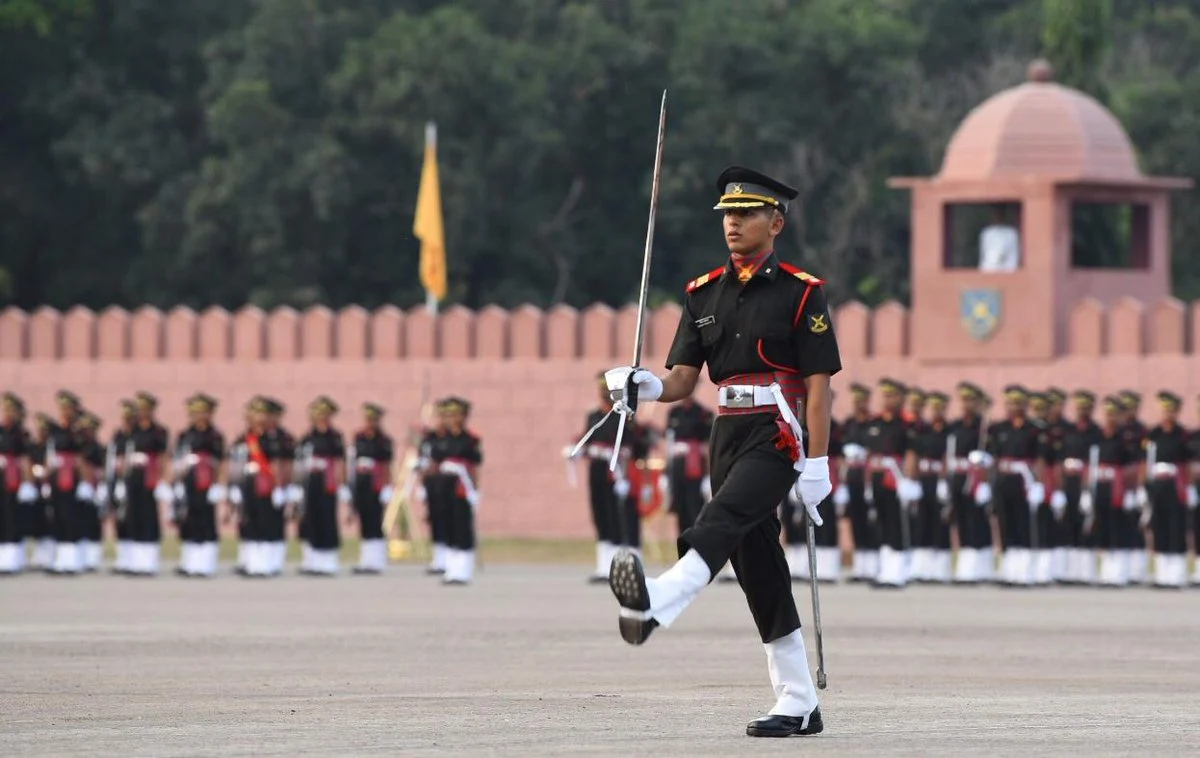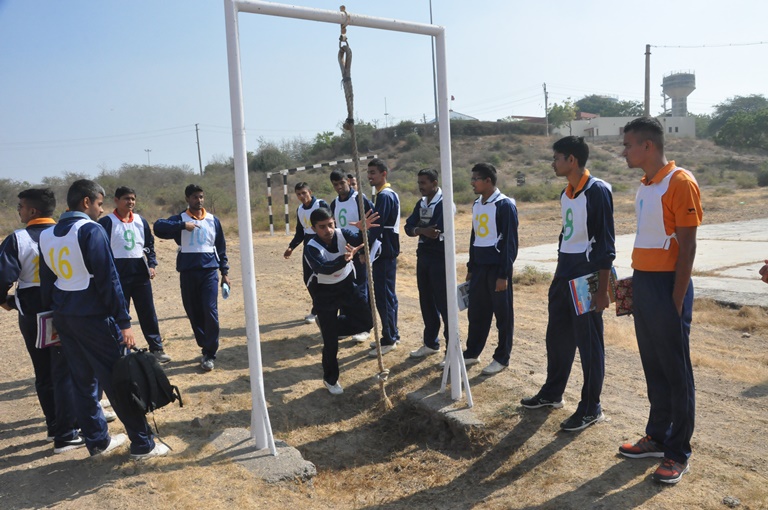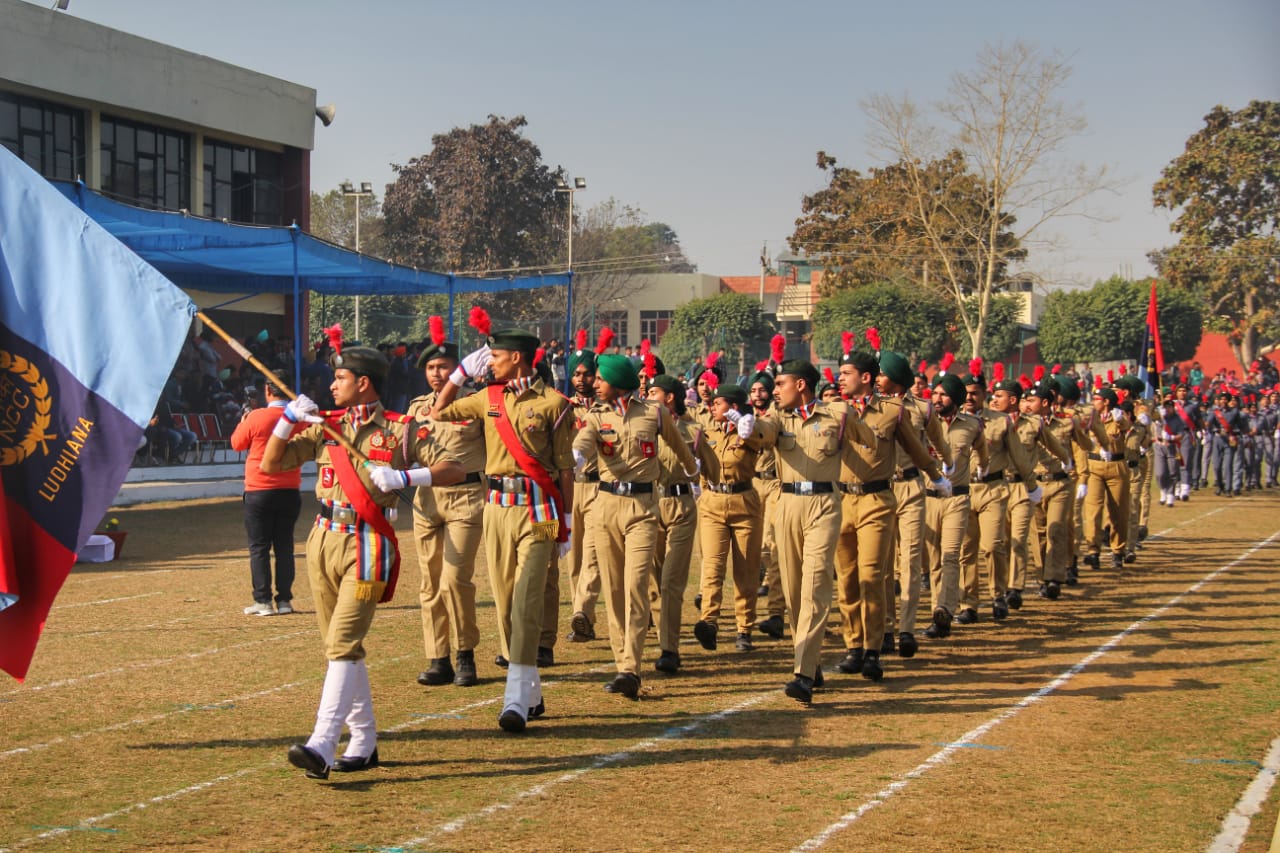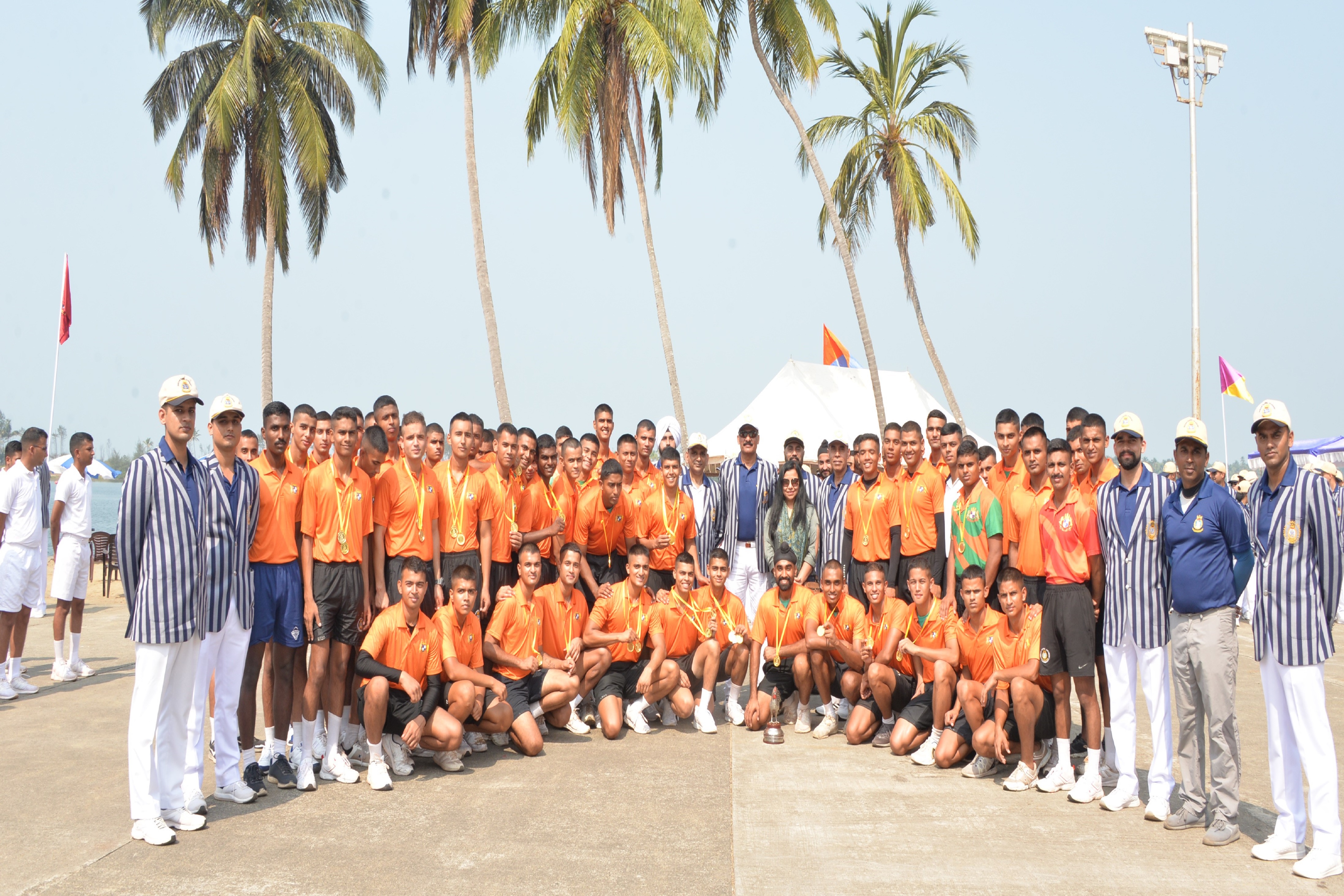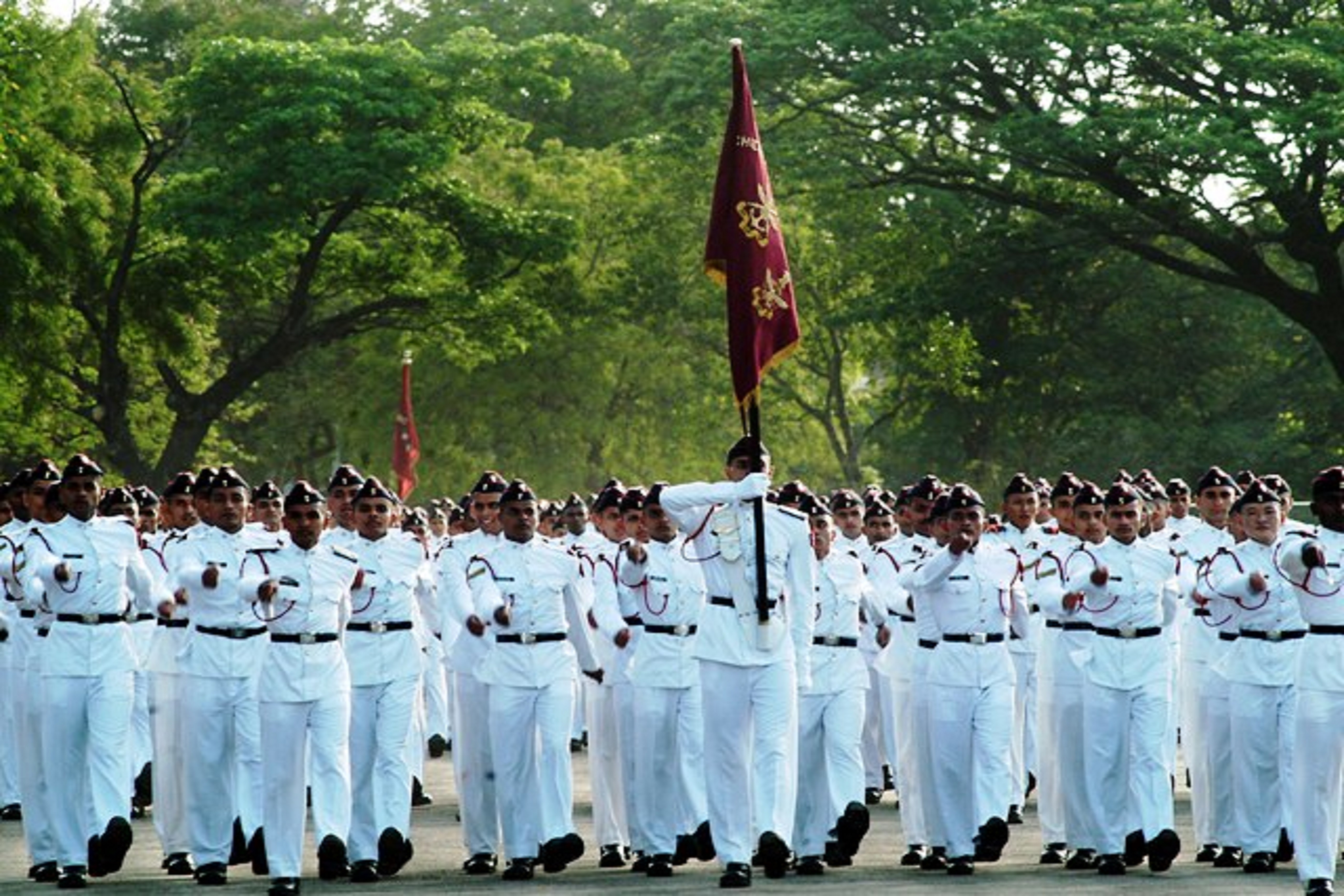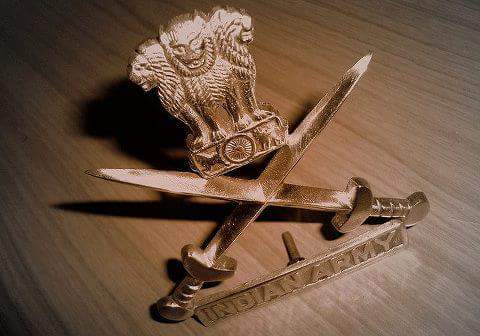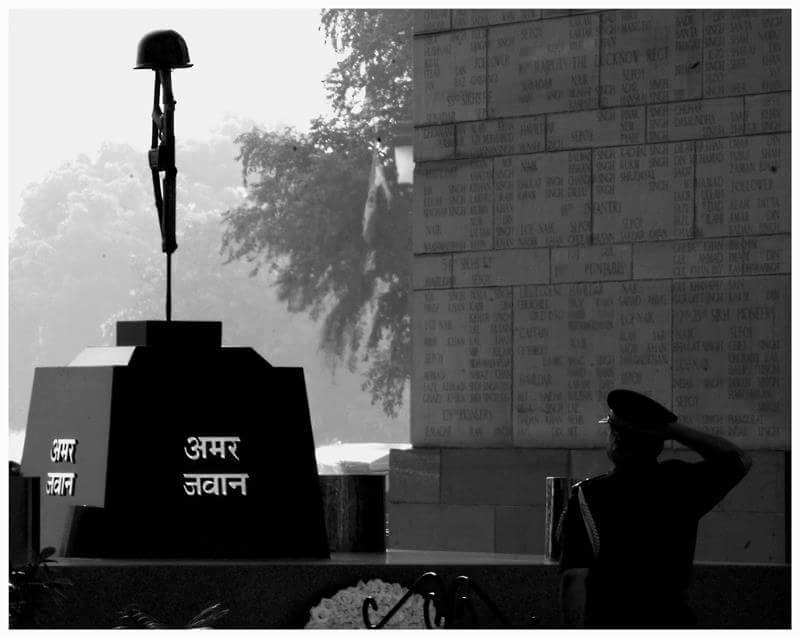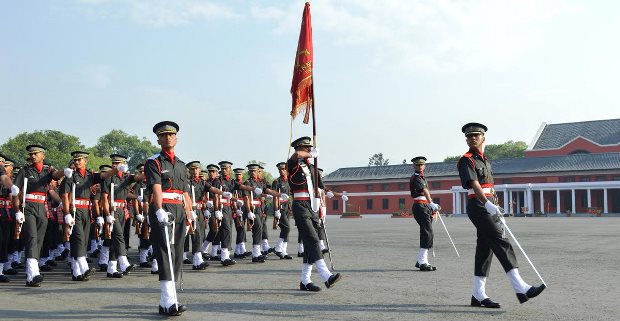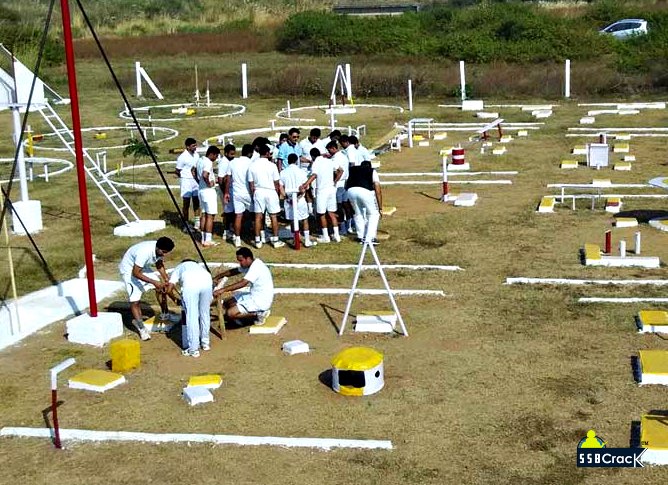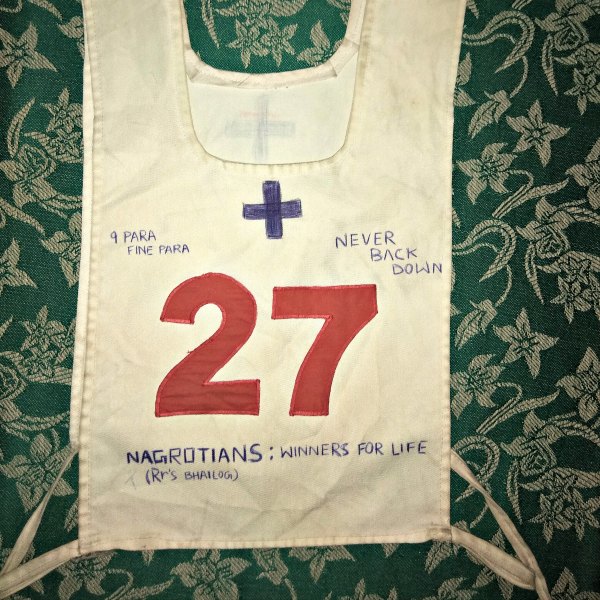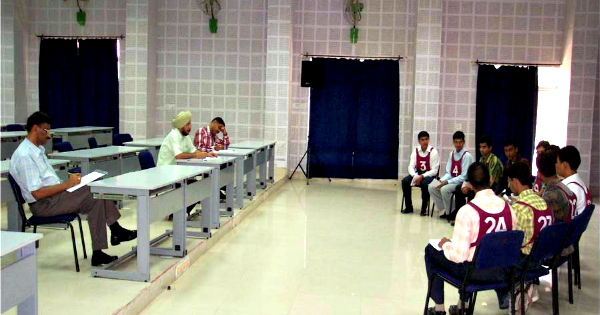Stage-2 Testing
Psychological Test:
It is a battery of projective tests, all tests are used to
check the psychological suitability of the candidate to be an officer. Candidates are required to
write their responses based on the particular test. Here the time limit is very crucial , so you
are required to write your first response in time..
1. TAT: You will be shown 11 pictures in
which last picture is will be a blank slide, each picture will come just for 30 seconds and then
disappear, after that you will get 4 minutes time to write the story based on that picture. After 4
mins another picture will come for 30 seconds and same process will be followed till last slide
{blank slide }.
2. WAT: You will be shown 60 words back to
back, each word will remains on the screen for 15secs , in 15secs you are required to write a
sentence which comes in your mind first after reading that word. Likewise you have to write 60
words continuously without any pause in between.
3. SRT: You will get a booklet with 60
situations written on it, you are required to write your responses based on those 60 situations,
time allotted will be 30 mins.
4. SD: You are required to write opinion
about you from your parents, friends, teachers, yourself and thing you would like to develop in
future. Time allotted will be 15 mins.Its all about your speed of thinking and writing, do not
manipulate much because it may create problem for you in later stage. Write legible and correct.
5. GTO: This usually happens in 3rd day. It
has a series of outdoor task, the main aim of this task is to judge your qualities during group
performance, remember most of the task in this series are group task, you are required to support
the group with best of your qualities and not to compete with them in any manner.
6. GD: Back to back group discussion on two
topics, mostly current affairs.
7. GPE: Group Planning Exercise, each
candidate has to write his planning for the mentioned problem and map given, later group members
are required to discuss on the problem and have to come with a common plan with common consequences.
Later one of the group member has to explain the common planning with the help of pointer and map.
8. PGT: Progressive Group Task, you are
required to cross some obstacles with the help of supporting materials like rope, plank, wood log
etc. Some rules are required to be followed during this task, it a full group activity.
9. HGT: Half Group Task, mostly same as PGT
but the number of group members will be half, you may get more chance to show your potential.
10. IOT: Individual Obstacles Task, you are
required to attempt 10 obstacles individually in a few given minutes, each obstacle consist of some
points from 1 to 10.
11. Command Task: You will be a commander
in this task, you are required to cross some obstacles with the help of 2-3 subordinates. You can
choose 2-3 candidates from your own group whom you think can help you to clear the obstacles.
12. Snake race/Group Obstacle Race: All
group members will be competing with other groups, members will be holding a snake like rope, they
are required to cross certain obstacles with the snake. There are certain rules like all other
tasks. It is kind of race among different groups, its a fun.
13. Individual Lecturette: Each candidate
will be giving lecture for 3 mins on a topic selected by him/her. You will get 4 topics out of
which you have to select one topic.Preperation time is 3 mins for a topic.
14. FGT: Final Group Task, same like PGT,
just like another chance to show your potential.
15. Personal Interview: It starts from 2nd
day and goes upto 4th day depends upon the strength. It is a main key which decides your
recommendation in the SSB Interview, SSB Interview questions and answers plays vital role in the
assessment of the candidate. How to face the IO[ Interviewing officer] in the SSB PI[ SSB Personal
Interview] is the major concern here, one wrong move can tarnish your image and reduce your chances
to get recommend.
